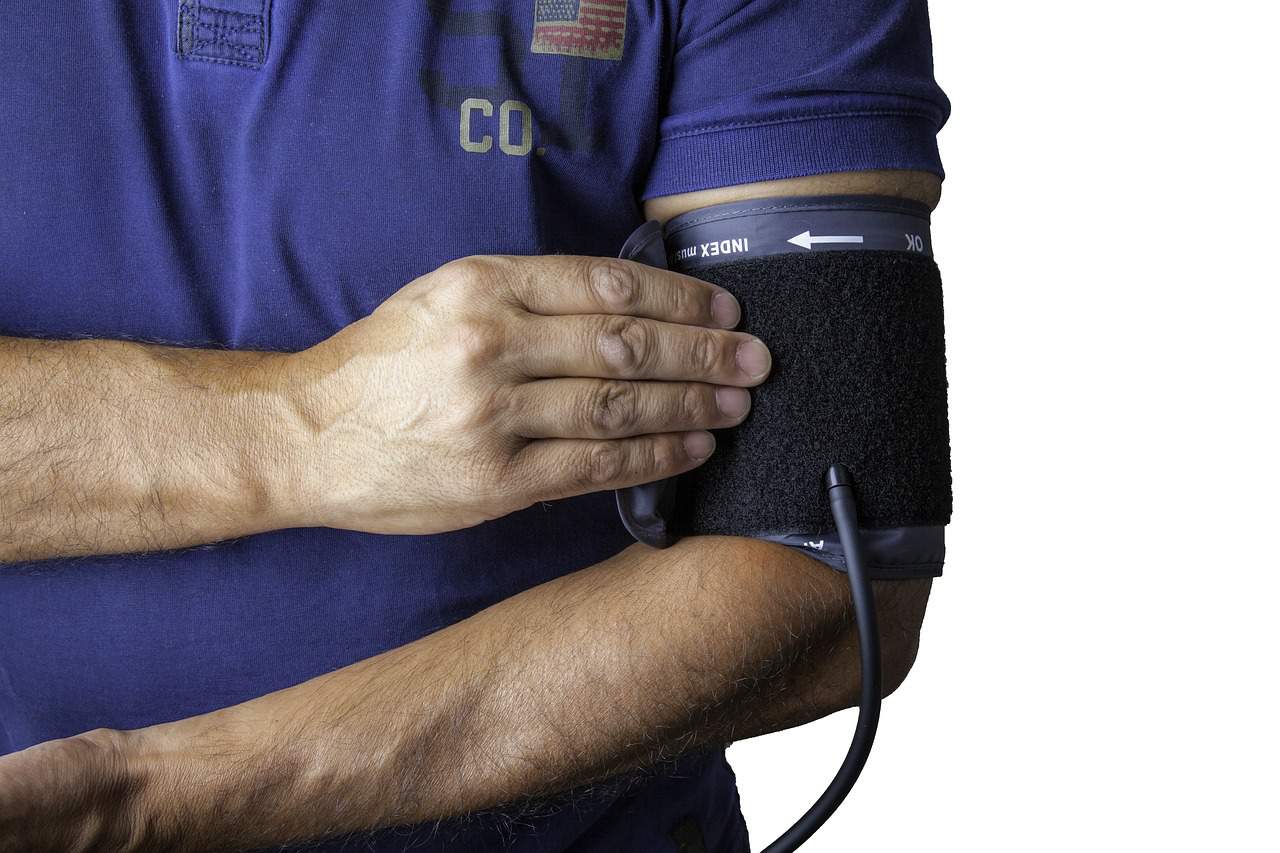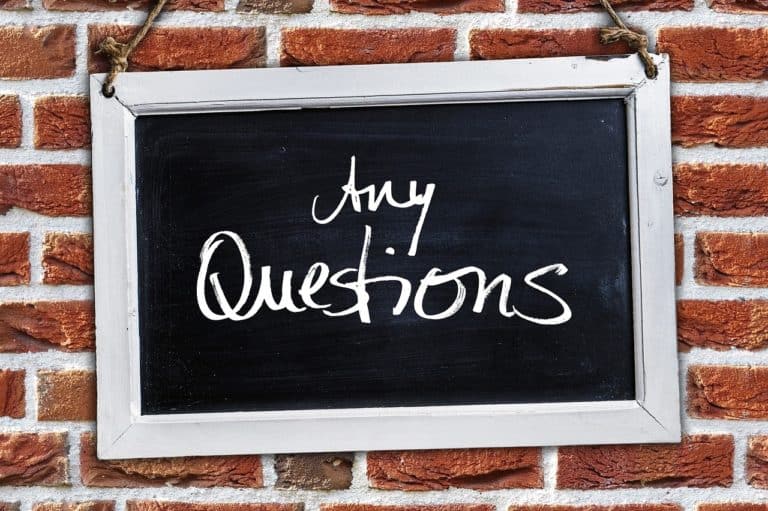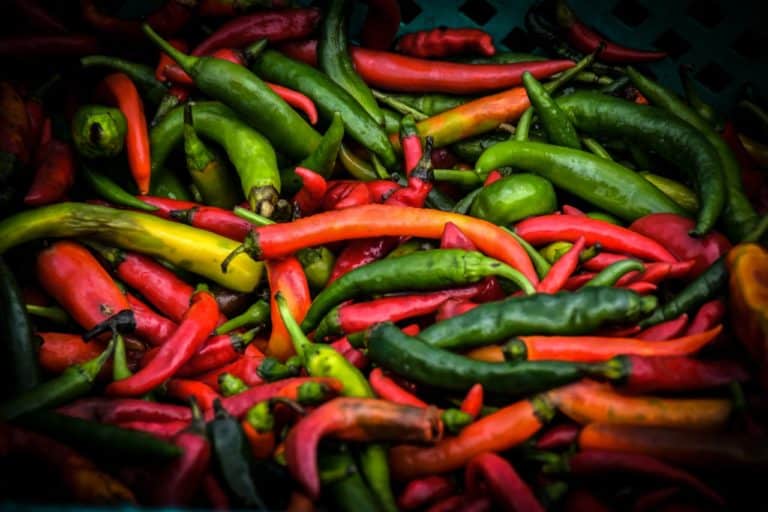Blood pressure, or hypertension, is the force of the blood pushing against the walls of the arteries. High blood pressure increases the heart’s workload and can damage the arteries. Long-term hypertension that is not controlled can increase one’s risk of stroke, heart disease, and kidney disease. Untreated high blood pressure is a risk factor for heart attacks and strokes.
The cause of hypertension is unknown. It can be caused by kidney disease or adrenal gland disease. There are some known risk factors. Your risk goes up if you have a family member with hypertension or if you have diabetes. African-Americans are at higher risk of high blood pressure and are very susceptible to blood pressure going up from salt intake. Diet and excessive body weight also play a role.
Some people have a fear of the doctor, and their blood pressure goes up just by walking into a doctor’s office. That is why it might be a good idea to have a home monitor to record your blood pressure in a relaxed setting, especially if you think your pressure may only be high in a medical setting.
Symptoms of high blood pressure
High blood pressure may have no visible symptoms for many years. That is why they call it a silent killer. About 20% of the people who have hypertension don’t even know that they have it. Meanwhile, if untreated, it silently damages the heart, blood vessels, lungs, kidneys, and brain.
What do the numbers mean?
Normal blood pressure is below 120/80. The top number measures the pressure when the heart beats. It is called systolic. The bottom number measures the pressure at rest while the heart refills with blood in between heartbeats. It is called diastolic.
Blood pressure readings can be a warning sign that you are at risk of heart disease. If your blood pressure is always just above normal (systolic between 120 and 139; diastolic between 80 and 89) you are at higher risk than people with lower readings. You should consider lifestyle changes that may help lower blood pressure.
If your average reading is 140/90 or higher, you are entering an unsafe zone. A hypertensive crisis starts at 180/110 and higher. If you get a reading that high, take a rest and recheck your blood pressure in a few minutes. Call 911 if it is still high. Symptoms of a hypertensive crisis are a severe headache, nosebleeds, anxiety, and shortness of breath. It can lead to a loss of consciousness, stroke, kidney damage, or a heart attack.
Preventive measures
Whether you already have hypertension or are trying to prevent it, there are many lifestyle changes you can make to lower your blood pressure and keep it from climbing into dangerous levels. Watching sodium intake is one thing you can do. The American Heart Association recommends a diet with less than 1,500 mg of sodium per day. Processed foods and deli meats have high levels of sodium, so read those labels. Other steps you can take to lower your blood pressure are:
- Reduce stress
- Don’t smoke
- Maintain a healthy weight
- Avoid fatty foods and sugars
- Limit alcohol to two drinks per day or less
- Eat plenty of fruits, vegetables, and whole grains
- Limit red meat consumption
- Exercise regularly
- Eat heart-healthy fats such as olive oil, nuts, and seeds
- Eat foods high in magnesium, potassium, and calcium
Treatment for high blood pressure
If your doctor recommends medication for your blood pressure, he or she may prescribe diuretics, beta-blockers, ACE inhibitors, calcium-channel blockers, ARB’s, vasodilators, alpha-blockers, and central agonists. Ask your doctor about potential side effects. You can try natural therapies as well. Natural therapies for hypertension include:
- Yoga
- Tai chi
- Meditation
- Deep breathing
- Eating foods shown to help reduce blood pressure such as garlic, onions, cinnamon, and olives.
Living with high blood pressure
You need to keep an eye on your blood pressure your whole life. It may go up as a normal part of aging. If you are prescribed medication, keep taking it even though you may not have any symptoms. Maintain healthy eating, exercise, and stress-reduction habits. If you choose to use an herbal therapy, make sure you check with your doctor first to rule out any side effects or interactions with your current treatment. Controlling your blood pressure is an important way to protect your heart, kidneys, brain, and lungs.







